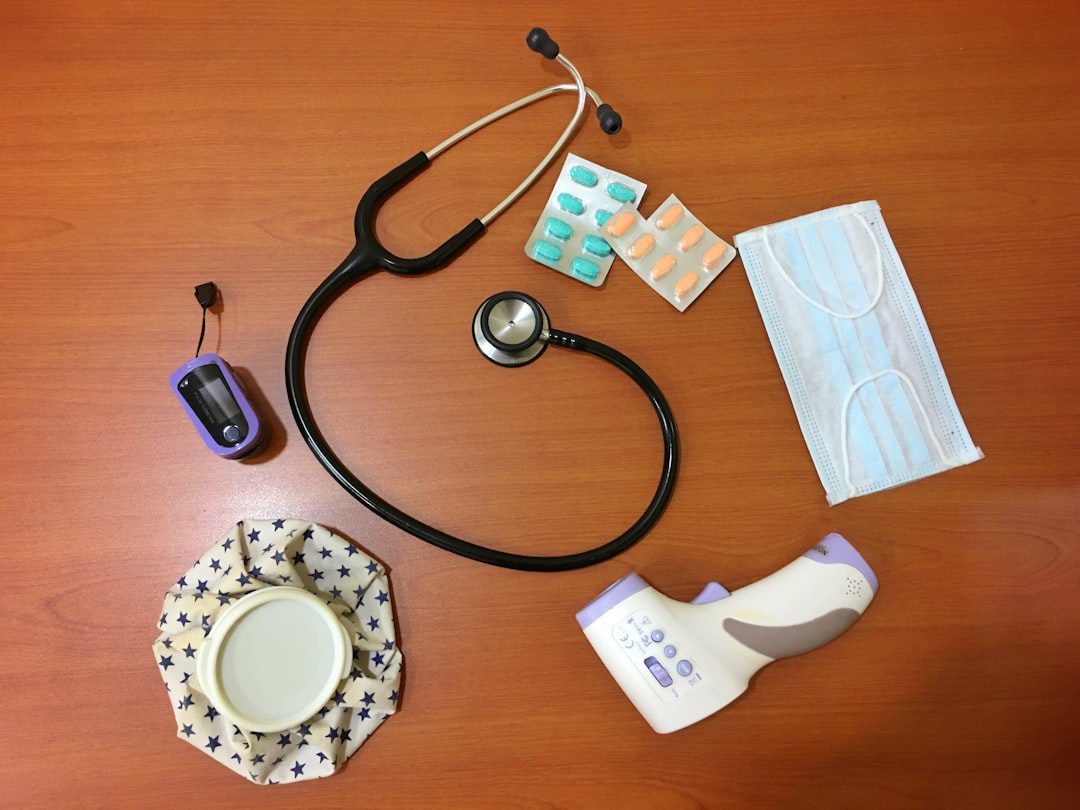
Breaking Down the FDA’s Updated Alert on Bard Peripheral Atherectomy Catheters
The FDA has issued an updated alert regarding Bard Peripheral Vascular’s atherectomy catheter system as part of their Communications Pilot to Enhance the Medical Device Recall Program. This development represents more than just another device safety issue—it signals the FDA’s evolving approach to recall communications and provides critical insights for medical device manufacturers navigating today’s regulatory landscape.
Understanding Atherectomy Devices and Their Critical Role
Atherectomy catheters are sophisticated medical devices designed to remove atherosclerotic plaque from blood vessels, particularly in peripheral arteries. These Class III devices require rigorous quality controls due to their direct impact on patient cardiovascular health. When issues arise with such critical devices, the implications extend far beyond the immediate manufacturer to the entire industry’s regulatory oversight.
What the Communications Pilot Means for Your Organization
The FDA’s Communications Pilot to Enhance the Medical Device Recall Program represents a significant shift toward more transparent and frequent communication during recall events. This initiative aims to:
- Provide real-time updates on recall developments
- Improve healthcare provider and patient awareness
- Enhance the effectiveness of corrective actions
- Establish new benchmarks for manufacturer communication responsibilities
For medical device manufacturers, this pilot program signals that the FDA expects more proactive, detailed, and frequent communication throughout the recall process.
Regulatory Implications and Business Impact
This updated alert demonstrates several critical regulatory trends that manufacturers must understand:
Enhanced Scrutiny: The FDA’s commitment to updating alerts shows increased oversight intensity, particularly for high-risk devices like cardiovascular interventional tools.
Communication Standards: The pilot program establishes new expectations for how manufacturers must communicate with both regulators and healthcare providers during safety events.
Post-Market Surveillance: This case reinforces the critical importance of robust post-market surveillance systems that can quickly identify and address device performance issues.
Essential Actions for Medical Device Manufacturers
Based on this development, manufacturers should immediately evaluate and strengthen their compliance frameworks:
1. Review Your Recall Communication Strategy
Assess your current recall communication procedures against the FDA’s new pilot program standards. Ensure your team can provide timely, comprehensive updates that meet or exceed the transparency demonstrated in this case.
2. Strengthen Post-Market Surveillance Systems
Implement or enhance systems that can rapidly detect performance issues similar to those affecting the Bard atherectomy system. Consider expanding your adverse event monitoring capabilities and establishing more frequent performance reviews.
3. Update Risk Management Protocols
Review your ISO 14971 risk management processes to ensure they adequately address the types of risks that can lead to recall situations. Pay particular attention to use-related risks and long-term performance degradation scenarios.
4. Enhance Corrective and Preventive Action (CAPA) Systems
Ensure your CAPA systems under ISO 13485 can handle the rapid response requirements demonstrated by the FDA’s enhanced communication expectations. This includes having dedicated resources for urgent safety communications.
Proactive Compliance Strategies
To stay ahead of similar issues, manufacturers should consider implementing these proactive measures:
- Regular performance trending: Establish systematic reviews of device performance data to identify potential issues before they escalate
- Enhanced clinical evaluation protocols: Strengthen post-market clinical follow-up procedures to detect performance trends early
- Supplier oversight: If applicable, ensure robust supplier quality agreements that address rapid communication requirements during safety events
- Training programs: Develop comprehensive training for quality and regulatory teams on the new communication standards emerging from the FDA’s pilot program
Looking Forward: Industry-Wide Implications
The Bard atherectomy catheter update serves as a preview of the FDA’s evolving recall management approach. Manufacturers across all device categories should prepare for more frequent, detailed communications during safety events. This shift toward enhanced transparency ultimately benefits patient safety but requires manufacturers to invest in more sophisticated communication and quality systems.
By treating this alert as a learning opportunity and benchmark for future compliance strategies, medical device manufacturers can better position themselves to meet the FDA’s increasingly rigorous expectations for device safety and recall management.


No comments yet. Be the first to comment!